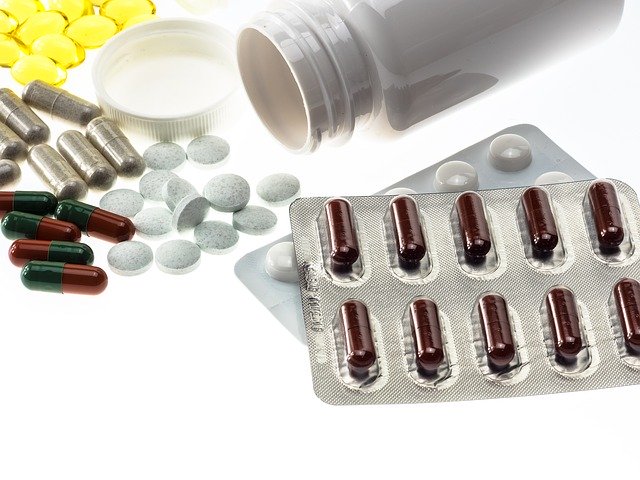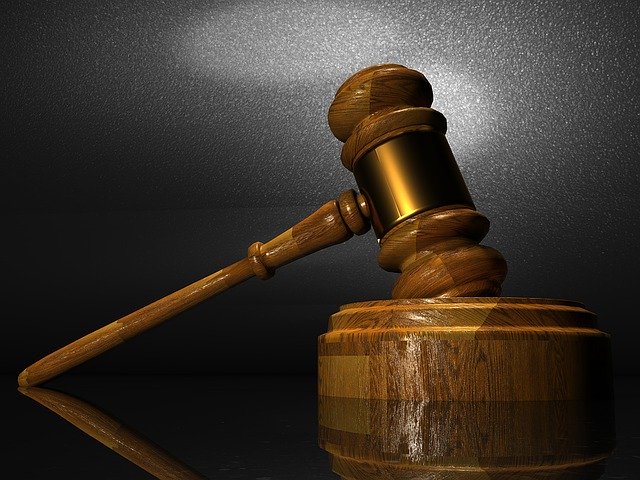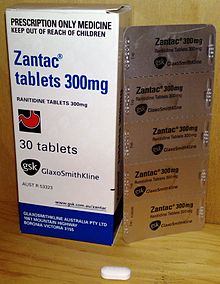Zantac Lawsuits Allow Americans to Seek Money Damages for Defective Drugs
Zantac is a pharmaceutical drug that was removed from shelves when the U.S. Food and Drug Administration (“FDA”) studies showed a risk to public health. The FDA recently issued a news release requesting that the drug manufacturers who make Zantac, a Ranitidine product, remove those drugs from the market. Call Chicago Plaintiffs Attorney Michael V. Favia to learn more.
The problem with the Ranitidine (Zantac) drugs is their storage and impurities when the drugs are stored in high temperatures. When stored in warmer than room temperature there can be impurities in the Zantac drug. Because the FDA requested the removal of all Ranitidine drugs, they are no longer available for prescription or over the counter use in the United States.
Contact Michael V. Favia & Associates to Learn How You Can Join or File a Zantac Lawsuit. Our Offices are Located in Chicago and Rolling Meadows. Call Us Today (312) 609-6666.
Can I Join a Class Action Lawsuit? How Does a Class Action Lawsuit Work?
Chicago personal injury lawyer Michael V. Favia can help people join a class-action lawsuit against the makers of Zantac. If you or a friend or family member have taken Zantac, you may have been exposed to a contaminant known as N-Nitrosodimethylamine (NDMA).
People learn about the cancer-causing risks of unsafe and ineffective drugs. The FDA study and laboratory tests of Ranitidine a/k/a Zantac drugs showed that there were potential risks with the drugs. Namely, under storage at higher temperatures, the NDMA levels were above the acceptable risk. Note that there are allowable levels of NDMA occurring in food and water. The increased levels of NDMA in Zantac are not safe for use according to the FDA.

Pharmaceutical Lawsuits and Class Action Lawsuits are Product Liability Claims
Doctors and patients put their trust in drug companies to manufacture and provide safe pharmaceuticals to treat health conditions. There is an extensive process for testing and approving new drugs to be used as prescribed or purchased over the counter. When it is discovered that a drug product is defective or has a potential problem that could cause harm, the FDA gets involved. When the FDA investigates safety claims about a drug and discovers a problem, the administration may withdraw their approval for the drug to be used in the marketplace, either being prescribed or offered over the counter.
Class action lawsuits are filed against pharmaceutical companies, commonly referred to as big pharma, when drugs are defective. The big pharma lawsuits are class action cases because the threat of harm or damages does not just affect one person, they can affect many people. Chicago injury lawyers like Michael V. Favia and his colleagues and associates work to represent the injured class of plaintiffs suing big pharma.

Biggest Drug Company Lawsuit Settlement Amounts
Big pharma has been ordered to pay huge settlement amounts to plaintiffs injured by defective drugs causing cancer and all kinds of disease. When you see television commercials advertising the opportunity to join big pharma lawsuits, the following are summaries of the types of big pharma cases reported in the news.
- GlaxoSmithKline was ordered to pay $3 billion in the largest big pharma lawsuit over Paxil, Wellbutrin, and Avandia after falsely reporting safety information to the FDA and deceiving the public and healthcare providers with bad labeling and false safety data. Of the big settlement, $2 billion went to plaintiffs in civil lawsuits.
- Takeda Pharmaceutical was ordered to pay $2.4 billion in a settlement of about 8,000 lawsuits for deception about its diabetes medication Actos (pioglitazone). The drug was known to lead to bladder cancer and that information was withheld from the public and healthcare providers.
- Pfizer was ordered to pay $2.3 billion for illegally promoting its pharmaceutical drug products, of which six whistleblowers collected more than $102 million in their civil lawsuit for money damages. The drug Bextra was pulled from shelves for safety concerns. The suit also involved an antipsychotic drug, Geodon, Zyvox, an antibiotic, and Lyrica for epilepsy.
- Johnson & Johnson was ordered to pay $2.2 billion for deception, misleading healthcare providers that its anti-psychotic drugs, Risperdal, Invega, and heart failure drug Natrecor, were safe for elderly dementia patients. These drugs were marked directly to elderly patients with dementia. $1.72 billion was to be paid in civil settlements.
- Abbot Laboratories was ordered to pay $1.5 billion for making false claims to government healthcare programs about its drug, Depakote. In addition to criminal penalties, $800,000 was paid to plaintiffs in civil lawsuit settlements. The drug was approved by the FDA for seizures, bipolar mania, and preventing migraine headaches.

You Can Join Big Pharma Class Action Litigation with The Law Office of Michael V. Favia & Associates
In big pharma lawsuits over bad drugs and defective medical products and devices are filed in state and federal courts. There are individual lawsuits and class action cases. There could be a variety of options available to you. If you were taking the drug Zantac, a Ranitidine pharmaceutical, call Chicago Plaintiff’s Attorney Michael V. Favia in Chicago and Rolling Meadows at (312) 609-6666.

